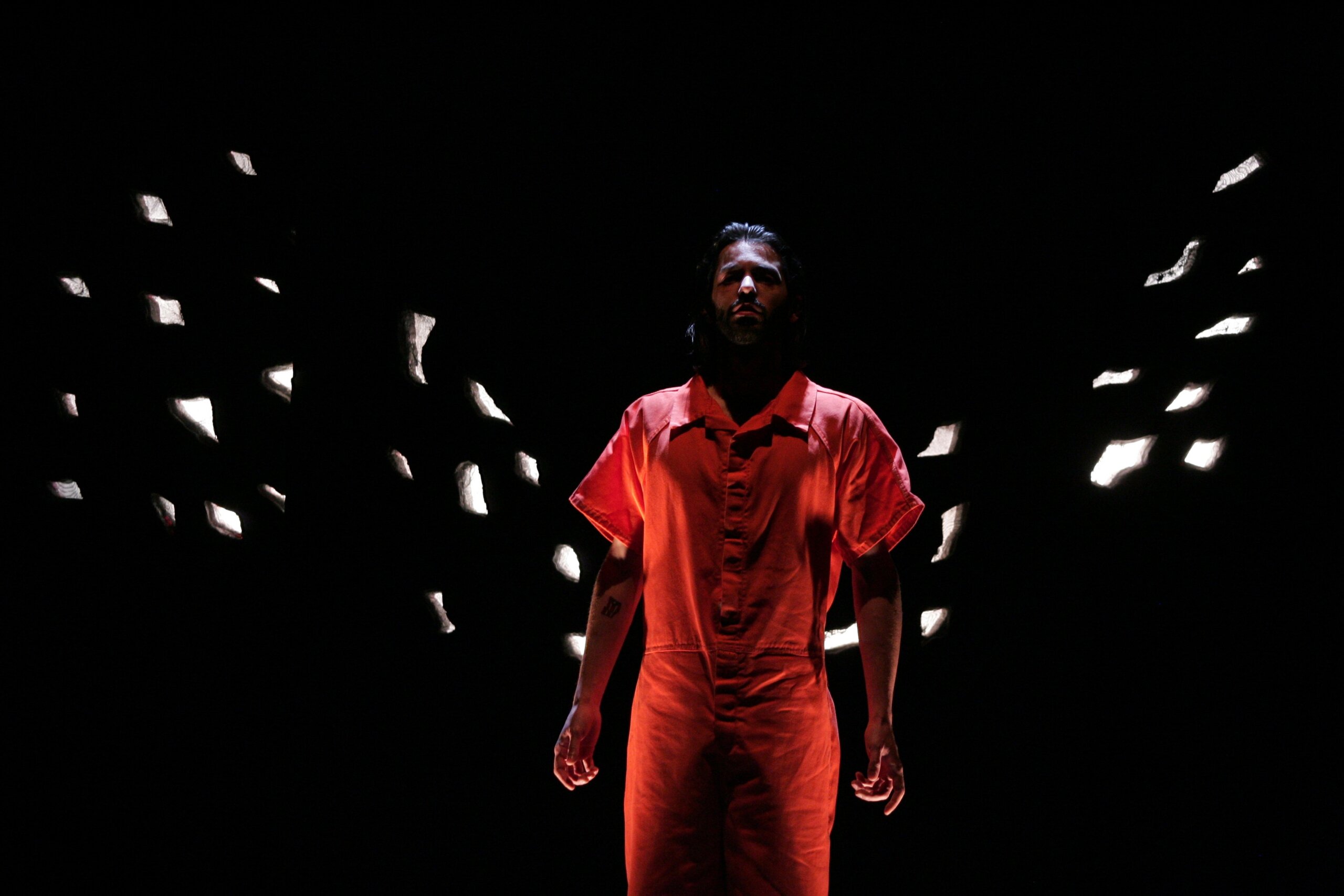
Interdisciplinary
Online Courses
Rutgers Arts Online offers online courses on your schedule. Our list of interdisciplinary courses are taught by working artists and professionals who are experts in their field.
Matriculated and non-matriculated students may take courses through Rutgers Arts Online. Non-matriculated students must complete the Rutgers University application before registering for a course.
Available Courses
07:557:201 Practical Finance for Entrepreneurial Creatives Online
Practical Finance for Entrepreneurial Creatives Online
Course Number: 07:557:201
Course Format: Lecture
Mode of Instruction: Online Asynchronous
The course teaches personal and entrepreneurial financial management concepts. It is designed for nonbusiness majors who have already commenced or are contemplating single- and multi-person ventures. Personal financial management topics include goal setting and prioritization; cash management; budgeting; acquiring, managing, and protecting credit in its varying forms; saving and investing; planning for major purchases; evaluating alternative insurance products; and strategies for overcoming financial adversity.
Entrepreneurial financial management topics include understanding the risks and responsibilities that are associated with that undertaking; devising business, strategic and operating plans and budgets; selecting legal, financial, managerial, and promotional advisory firms; choosing an appropriate legal structure for the enterprise; managing financial performance and assessing progress; managing various forms of risk; protecting intellectual property; managing freelance activity; strategies for borrowing money and soliciting investments; overcoming financial adversity; and organizing sales and transfers of business interests.
3 credits
Course Prerequisites and Corequisites: None
Learning Goals of Course
Learning Objectives/Outcomes
Upon completion of the personal financial management section of the course, students should be able to:
- Construct and manage a personal budget that takes into account their short- and long-term financial goals and objectives
- Understand proper cash management techniques, manage payroll tax withholdings and file tax returns
- Understand the importance of saving and investing in the achievement of their personal goals and objectives
- Plan for major purchases and higher education costs
- Choose between, manage, and protect consumer-credit alternatives including credit cards, auto loans and leases, student loans and mortgages
- Understand how insurance works and the types of coverage that are appropriate for their circumstances
- Weigh the financial, economic and other impacts of the different career choices they may be contemplating
- Problem-solve their way through day-to-day and moderately complicated situations involving personal financial management and crises
Upon completion of the entrepreneurial financial management section of the course, students should be able to:
- Assess a venture’s feasibility and their ability to undertake its development and management
- Construct business, strategic and operating plans to properly guide the enterprise
- Prudently source legal, financial and managerial representation, and select the appropriate legal structure for the ventures they have in mind
- Fundamentally understand best financial management practices as they pertain to a commercial venture, and how to arrange for debt and equity financing, when/if needed
- Fundamentally understand the business-borrowing alternatives, pricing and transaction-structuring considerations
- Address financial adversity in terms of self-directed remediation, negotiated requests for assistance and, when all else fails, filing for bankruptcy
- Fundamentally understand the different types of mergers and acquisitions, and other so-called exit strategies including transfers and sales
Required and Recommended Course Materials: Textbook Practical Finance: A Straightforward Guide to Personal and Entrepreneurial Finance by Mitchell D. Weiss. Digital copy provided with course.
Instructors: Mitchell D. Weiss, mw779@mgsa.rutgers.edu; Peggy Reed, pr432@mgsa.rutgers.edu
07:557:121 Introduction to Environmental Arts Online
Introduction to Environmental Arts
Course Number: 07:557:121
Course Format: Lecture
Mode of Instruction: Online Asynchronous
Introduction to Environmental Arts Online is a three-credit, interdisciplinary course that examines the unique role Environmental Arts plays in tackling the conversations and complexities of our current planetary moment. Accompanied by a selection of content by thought leaders spanning the arts, humanities, and sciences, coursework encourages students to think critically about themes such as empathy, curiosity, sustainability, site-specificity, community, transformation, environmental justice, collaboration, and art-as-research. Multi-disciplinary studio assignments with fieldwork components and critiques offer practical application of course concepts and invite students to experiment with ways environmental arts can facilitate feelings, ideas, wisdom, and conversation.
“Environmental Arts” encompasses artwork of any genre whose dominant concepts engage the environment and ecosystems, from undeveloped to built. These concepts often include any combination of the following: communicating/translating knowledge in the fields of environment-related science, technology, philosophy, and sociology; exploring systems, processes, and phenomena; encouraging relationship, empathy, and action; and shifting individual and cultural consciousness. Throughout the semester, students will study artists who have cultivated and critiqued the current eco artscape (history and theory), identify potential impacts within this broad and diverse field (purpose), and create their own works of environmental art (practice) with a focus on artistic process rather than result.
Through readings, recordings, artwork, writing assignments, critiques, studio practice, and engagement with the outside world itself, students will consider and respond to the challenges and potentials within questions such as: What are the impacts environmental arts are striving for, writ large? How can environmental arts contribute to moving our global community toward a more inclusive and restorative paradigm? Why are artists uniquely poised to participate in environmental discussions, and how can they do so effectively?
3 credits
Course Prerequisites and Corequisites: None
Learning Goals of Course
Upon completion of this course, students will possess the knowledge and skills to:
- Articulate definitions and values aligned with the category of Environmental Arts.
- Identify notable environmental artwork, artists, and their contributions to the field of environmental arts as well as how they are cultivating, critiquing, and engaging the environmental conversation writ large.
- Discern types of environmental arts such as data visualization, audiation, performance, public art, art-sci collaboration, etc. – and understand that they are not mutually exclusive.
- Think critically about how process, content, collaboration, and delivery can most effectively achieve an artwork’s desired level of accessibility and impact.
- Cultivate curiosity, empathy, and connection using multimedia approaches to making environmental art.
- Practice virtual, interdisciplinary relationship cultivation and project management through thoughtful engagement with the online modality—a mode of human relationships that is becoming increasingly prevalent and important in this particular global work.
Instructor: Rita Leduc, deanger@mgsa.rutgers.edu
07:557:131 Introduction to Arts in Health Online
Introduction to Arts in Health
Course Number: 07:557:131
Course Format: Lecture
Mode of Instruction: Online Asynchronous
Introduction to Arts in Health is a three-credit, interdisciplinary course that explores the emerging, experimental field of Arts in Health. While there are many directions and priorities across the field, the National Organization for Arts in Health (known colloquially as NOAH) shares a definition that emphasizes the expansive field’s focused “dedication to using the power of the arts to enhance health and well-being in diverse institutional and community contexts.” Throughout the semester, students will study the historical and contemporary roles that art and creative work have played in fostering a culture of health and well-being, explore how arts and cultural policy can be reconceived as health policy, and create art and cultural work that may contribute to good health. At the same time, we’ll practice holding questions, dilemmas, tensions and disturbances present across our cultural industries that exacerbate harms to public health.
3 credits
Course Prerequisites and Corequisites: None
Learning Goals of Course
Upon completion of this course, students will possess the knowledge and skills to:
- Recognize notable contributions of art and cultural work that enact values of health and well-being which are found formally in the arts in health field, as well as past and present iterations of mainstream art and community contexts.
- Apply principles and theories of health promotion ethics related to creative action.
- Define what has been described as Culture of Health Action Framework 1 as well as their personal definition of what good health means to them as culture-making citizens.
- Identify facilitators and barriers to developing an artistic and creative practice that embodies their personal definition of good health in relation to society.
- Demonstrate the ability to conceptualize arts in health across multi-level interventions by narrating the socio-political contexts for arts in health equity and accessibility.
- Embody awareness and practice of art and creativity for health as cultural work.
Instructor: Shanaé R. Burch, sb2527@mgsa.rutgers.edu





